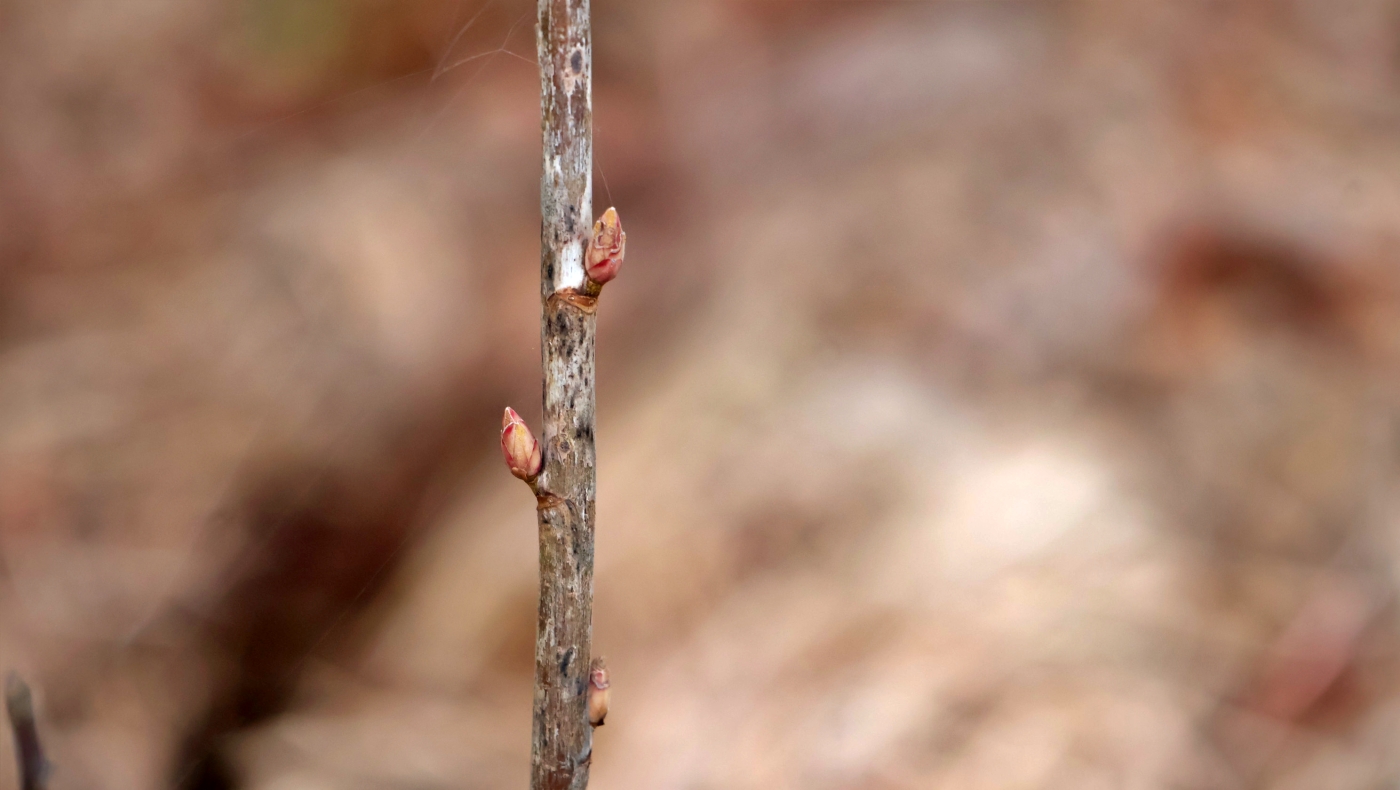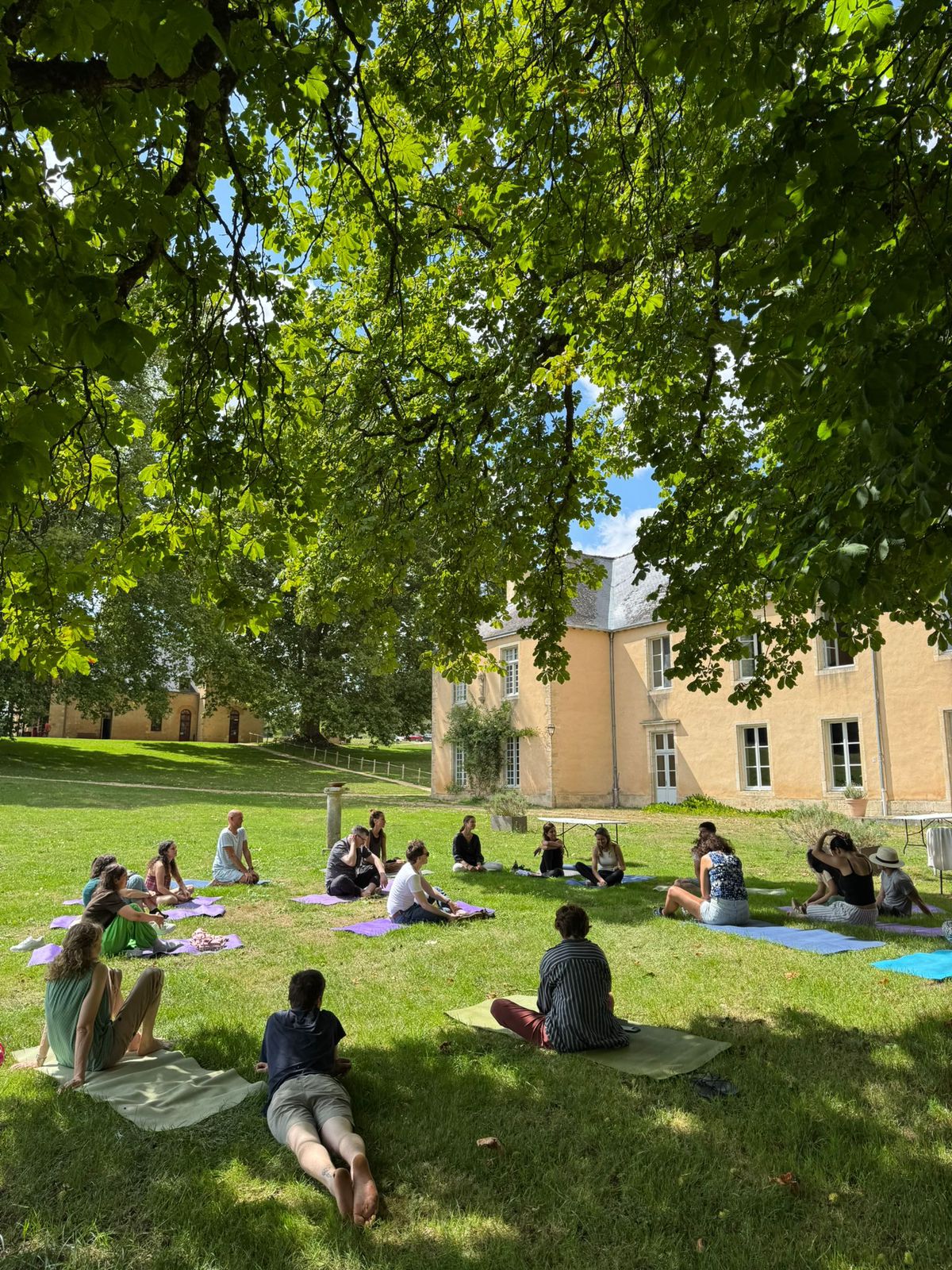During our recent Lent retreat one of the participants wanted to share just how sad and angry she felt about the way the world was going. She described the dismal political situation and the fear of sliding into a new callous and cruel administration out of touch with anything except its own version of reality; she lamented the surge of violence even in her own, once idyllic corner of the US. It was not new; but her lonely sadness and frightened anger about it all and the strong, fatalistic pessimism of her tone and body language touched and moved us. She thanked us at the end for creating a space where these feelings and fears could be spoken and heard and for the conversation we were having. She said she felt better and smiled.
Unique as she is, there are many millions who struggle with the same outlook. Despite the heavy bias to hopelessness in that view of things, a lighter, against-all-reason feeling of certainty can also quickly take us by surprise, just as, or just before we hit bottom. We might call it grace. If hope does not have this certainty it is almost certainly just a wish. Grace can be shared and even become contagious during a genuine and heartfelt conversation. In communion with others we dare to know that this hope is not false and that it is only that sure interior knowledge – we might call it faith – that makes it communicable to others.
A remarkable woman mystic of the 14th century, Mother Julian of Norwich, went through the darkest of inner experiences as she almost died of the plague. The world around her was pretty troubled – vast numbers killed by the pestilence, economic disruption, violent civil unrest and an overseas war. No doubt her awareness of this suffering informed her inner world. We interiorise what is happening around us and we project outwards what we are feeling. The inner and the outer dimensions of our experience of reality will collide violently until we reach a deep enough centre in ourselves from which we can integrate them.
Julian’s turmoils were expressed in images drawn from deep faith. Without such allies as these powerful symbols, we are far less prepared for the resilience that is demanded of us in order to survive and emerge more whole. For years after her crisis she processed these ‘shewings’, as she called them, and wrote up her insights into them in the first book written in English by a woman. Thomas Merton called her one of the greatest theologians. She stood head and shoulders above the mass of devotional and intellectual theology being routinely produced around her.
Her insights went straight into the nature of God and of ‘Christ our Mother’, as she called him, into sin and grace and into the true meaning of prayer. They came through a mystical intelligence – we might call it love – that raised her above her personal perspectives, revealing just those evolutionary new perspectives on reality that we need for our time.
The heart of her new level of consciousness inspired one of her most famous sayings. There is a certainty in these words that the strongest pessimism must face. Because of the faith hope and love concentrated in that certainty, we should not be surprised if the downward spiral of pessimism, even for a brief moment of clear vision, was reversed. She said simply: ‘all shall be well and all shall be well and all manner of thing shall be well.’
Lent 2024: Thursday First Week of Lent
During our recent Lent retreat one of the participants wanted to share just how sad and angry she felt about the way the world was going. She described the dismal political situation and the fear of sliding into a new callous and cruel administration out of touch with anything except its own version of reality; she lamented the surge of violence even in her own, once idyllic corner of the US.





